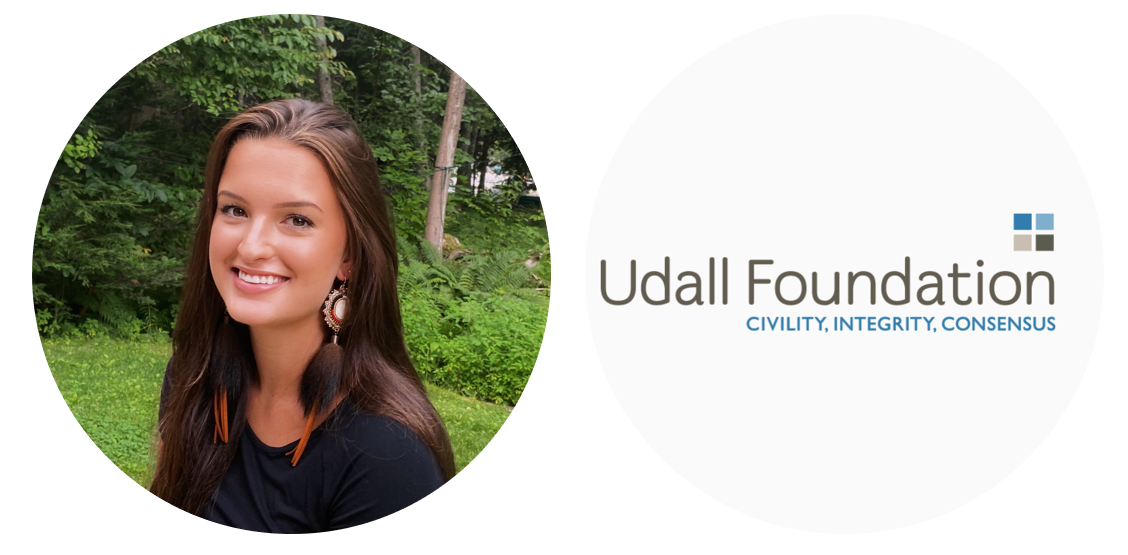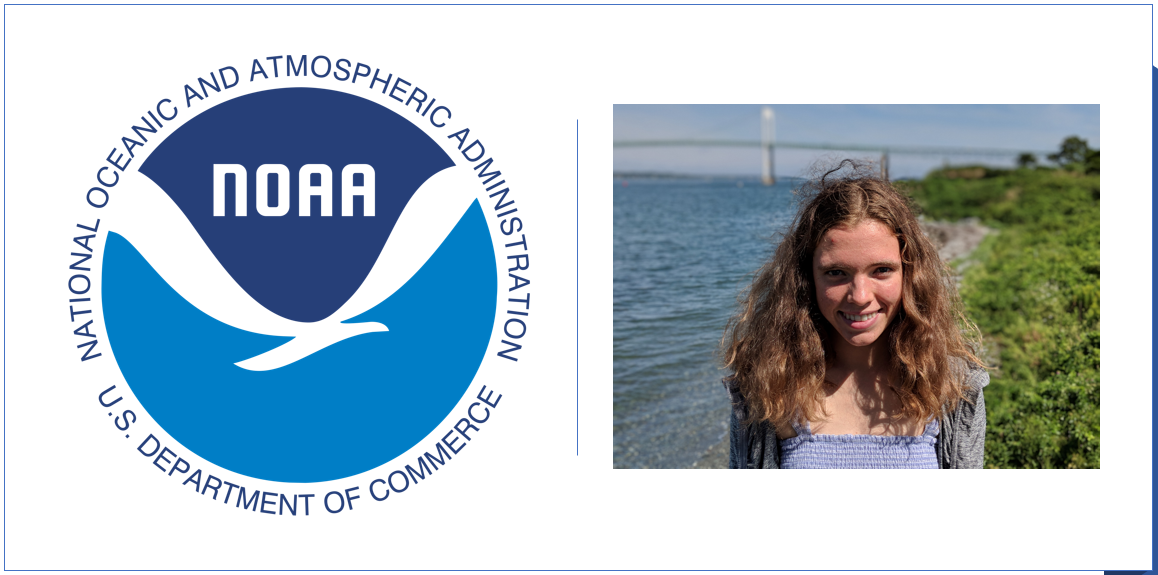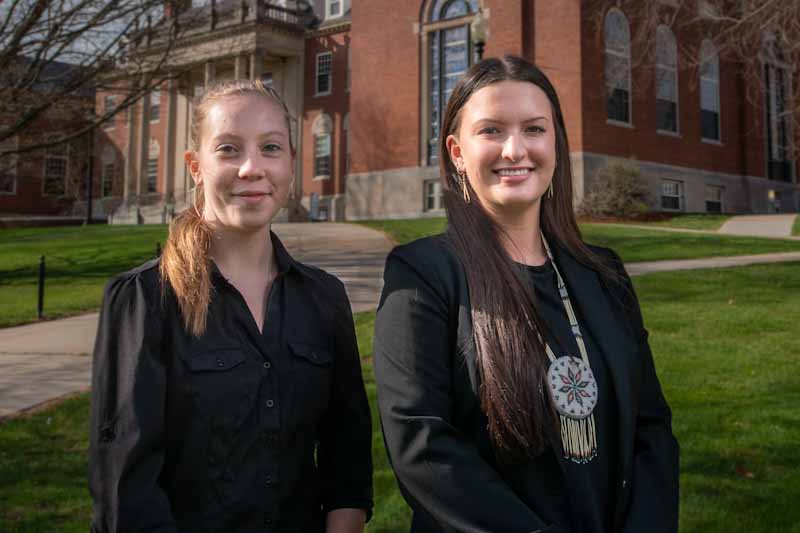UConn had an all-time high of 17 semifinalists for the Fulbright Student Program award, which includes the six finalists and three alternates.
Top Row: Elizabeth Clifton, Karli Golembeski and Chloe Murphy. Bottom Row: Simran Sehgal, Jessica Stargardter and Candace Tang.
Six UConn students have been selected as recipients of a grant through the Fulbright U.S. Student Program for the 2021-22 academic year. The program provides grants for individually-designed study and research projects or for English teaching assistantships around the world. Students meet, work, live with, and learn from the people of the host country, sharing daily experiences.
UConn had an all-time high of 17 semifinalists for the Fulbright Student Program award, which includes the six finalists and three alternates. A total of 40 UConn students completed UConn’s campus application process for the 2021-22 Fulbright round.
“In what has been a truly challenging year for all students, and one which witnessed an 11.9% increase overall in applications to the Fulbright Student program, our UConn applicants demonstrated outstanding qualities and their commitment to fostering mutual understanding by engaging with the world,” says LuAnn Saunders-Kanabay, Assistant Director in the Office of National Scholarships and Fellowships at UConn and the University’s Fulbright Program Advisor. Together with the campus Fulbright committee, she mentors Fulbright applicants through the months-long application and selection process.





